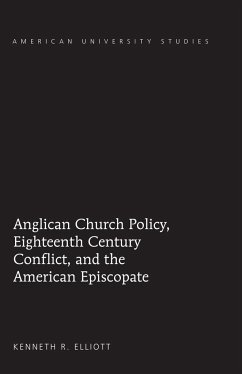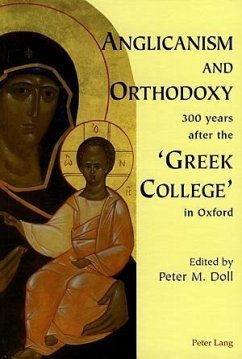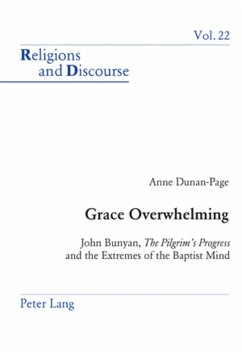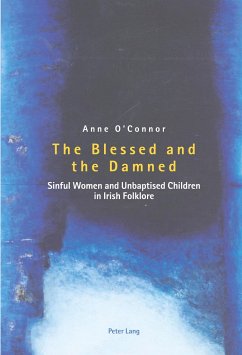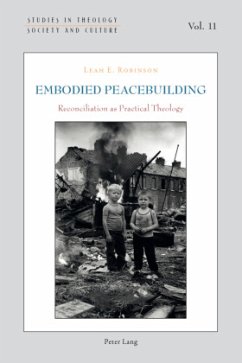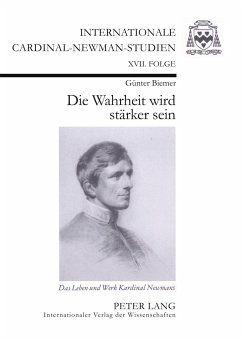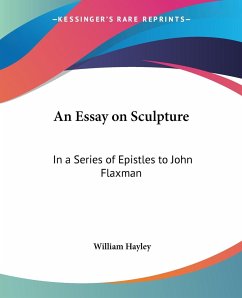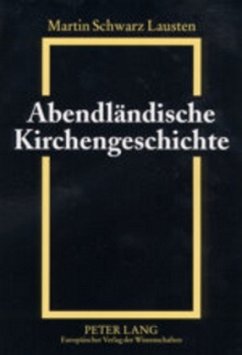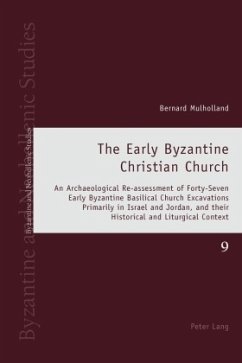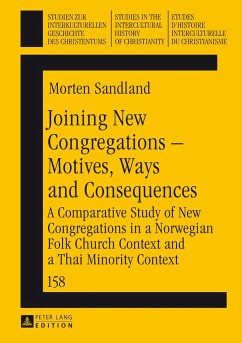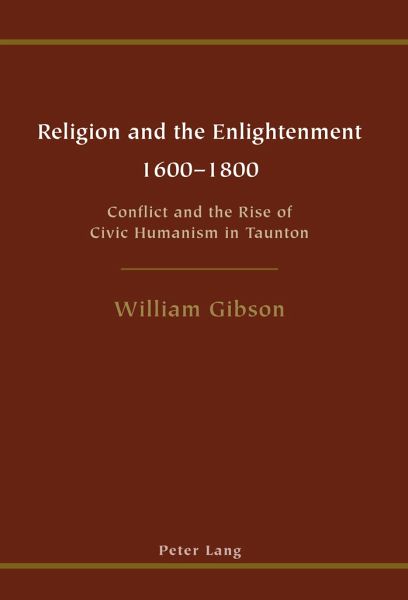
Religion and the Enlightenment - 1600-1800
Conflict and the Rise of Civic Humanism in Taunton
Versandkostenfrei!
Versandfertig in 6-10 Tagen
94,35 €
inkl. MwSt.

PAYBACK Punkte
0 °P sammeln!
This book considers how Early Modern England was transformed from a turbulent and rebellious kingdom into a peaceable land. By considering the history of Taunton, Somerset, the most rebellious town in the kingdom, it is possible to see how the emerging features of the Enlightenment - moderation, reason and rational theology - effected that transformation. The experience of Taunton in the seventeenth century was marked by economic fluctuations of the cloth trade and military struggles in the Civil War, the Monmouth Rebellion and the Glorious Revolution. The primary motivation for the citizens w...
This book considers how Early Modern England was transformed from a turbulent and rebellious kingdom into a peaceable land. By considering the history of Taunton, Somerset, the most rebellious town in the kingdom, it is possible to see how the emerging features of the Enlightenment - moderation, reason and rational theology - effected that transformation. The experience of Taunton in the seventeenth century was marked by economic fluctuations of the cloth trade and military struggles in the Civil War, the Monmouth Rebellion and the Glorious Revolution. The primary motivation for the citizens was zealous Puritanism. It inspired support for Parliament and rebellion against James II. But in the final quarter of the century a new rational and moderate Protestantism emerged from the largest Nonconformist congregation in the country and from a distinguished dissenting academy. The study shows that both the militancy of the seventeenth century and the enlightened moderation of the eighteenth century were principally inspired by religious rather than secular values. This book contributes to our understanding of England's transformation and of the religious factors that stimulated it.





